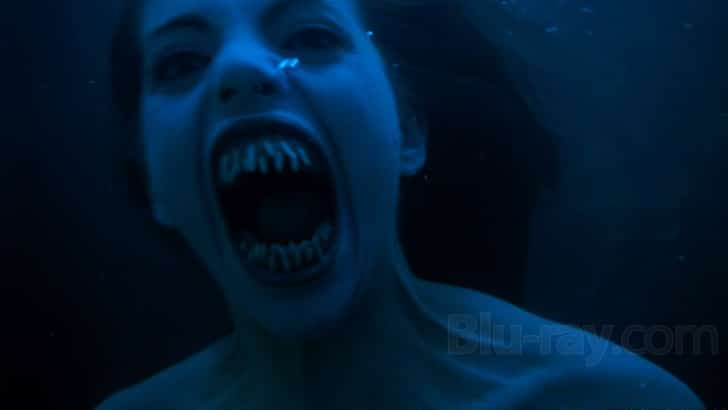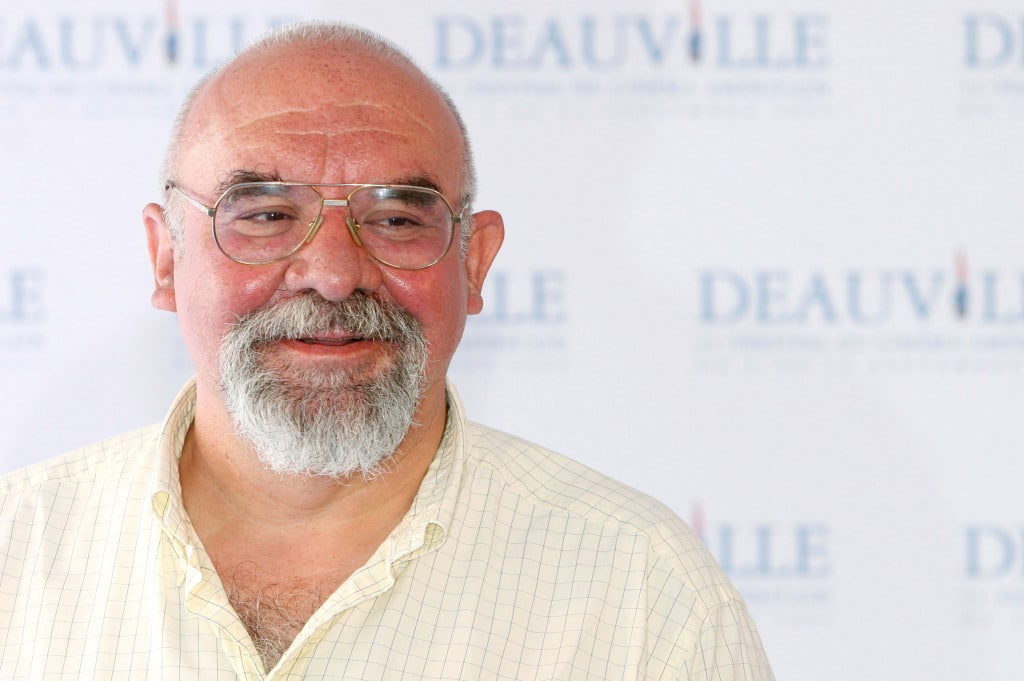Sometimes it feels as though icons of the films we hold dear are leaving us at such a rate, that we couldn’t meaningfully pay tribute to them all. However, it would be completely remiss not to talk about the loss of director Stuart Gordon today, a skilled and frankly underappreciated director who has a hand in numerous classics of the horror genre.
Gordon was a man who appreciated horror in all its versatility and potential, and never disavowed his work in the genre – which is something which fans loved him for, because there can, at times, be a tendency for directors to move away from their horror cinema, as if it was somehow the bottom rung of the ladder. Not so Stuart Gordon, as dismissive of those people as any of us, saying, “there are always people who think that horror movies are just kind of one half-step away from porno to begin with.” He is associated, for me, with his lurid and novel interpretations of Lovecraft; sure, Lovecraft might have written more extensively about the unnameable and the unknowable, but Lovecraftian lore was certainly rather less abstract and rather more overt in Gordon’s visions. His interpretations played with ideas of the monstrous, making them graphic, colourful and even comic, if you like your humour pitch-black.

One of his earliest works – Re-Animator in 1985 – was one of the first videos I ever saw-but-shouldn’t-have-seen, albeit a few years later; it’s a calling-card for what could be done (and hadn’t yet been done) with, in this case, a minor Lovecraft story, which he transformed into a science-gone-awry body horror, underpinned by the brilliant casting of Jeffrey Combs as Dr Herbert West. Combs played West utterly deadpan and in earnest: it worked, and theirs was thereafter a partnership which worked brilliantly and continued for many years, across other horror films now recognised as classics of their body-melding or genre-splicing kind – anything from From Beyond (1986) to The Pit and the Pendulum (1991), a historical horror epic which took the Poe title and rendered something rather more from it than the tale offered, being a brilliant, but minimalist yarn about the psychological impact of torture.

Gordon never exclusively worked in horror and racked up a list of modest successes in other genres from sci-fi to family-friendly TV during his career, but I suppose for me his film Dagon in 2001 not only marked a welcome return to horror, but to Lovecraft too – something which happpily continued with the Masters of Horror series some years later. Re-locating The Shadow Over Innsmouth to the Spanish coast (Dagon is a Lovecraft story, but not the one actually used here) Dagon is unashamedly one of my favourite films; yes, it’s true that the CGI hasn’t aged particularly well, but the script, the cast of largely unknowns who made the film their own, and a fantastic reworking of the Lovecraftian themes of death, destiny and the grotesque potential of the slumbering old gods is given unique, enjoyable treatment here.
And I think that’s key – Stuart Gordon’s films are well-directed and interestingly-written, but they’re always entertaining. His films aren’t exercises in directorial experimentation or criticism for their own sake. They’re made for audiences to enjoy. It’s something else we can be grateful for, as we mark the loss of a singular talent and a director who deserved far more praise and recognition than he received.
